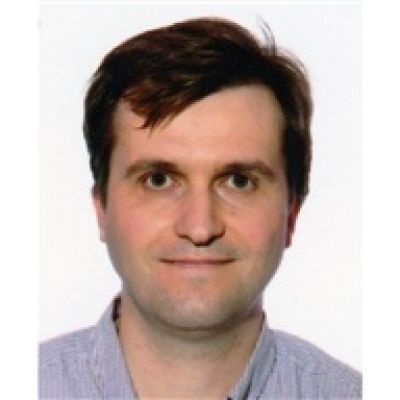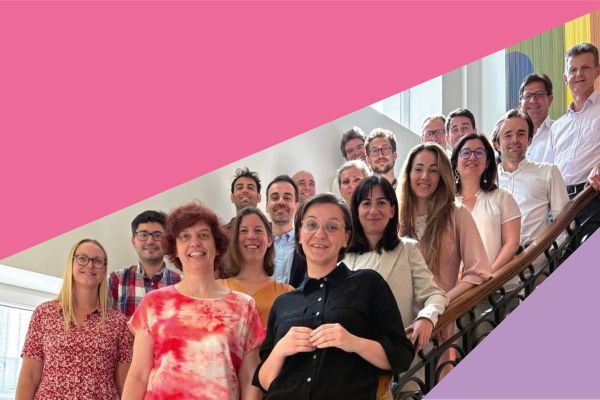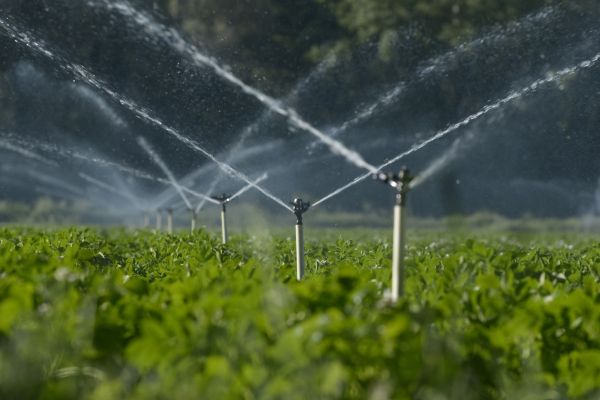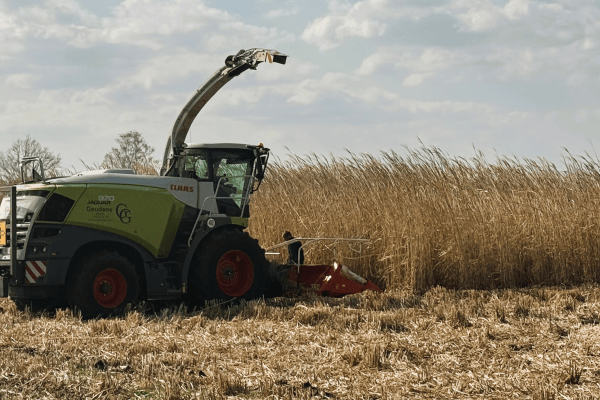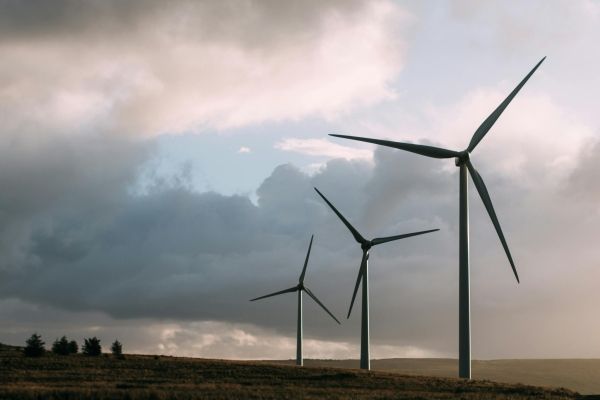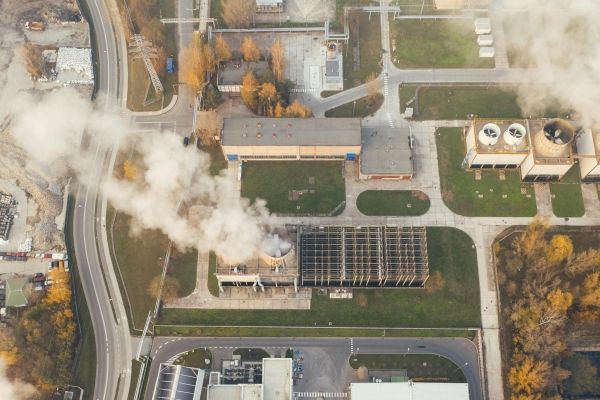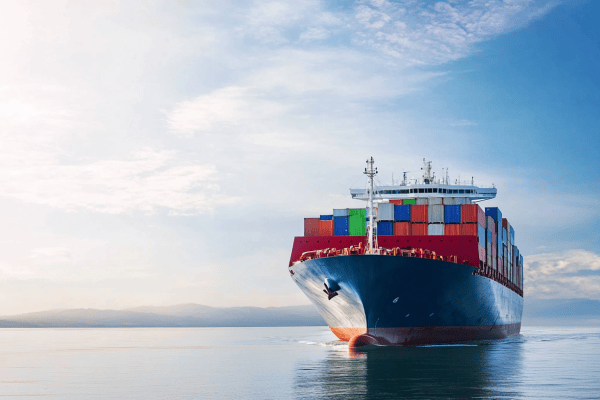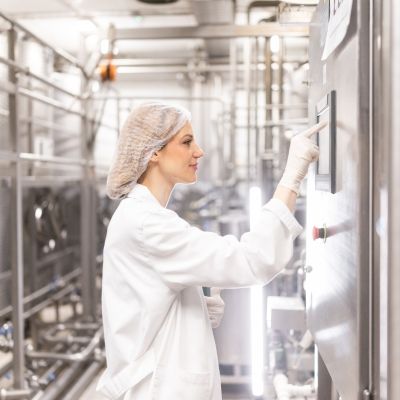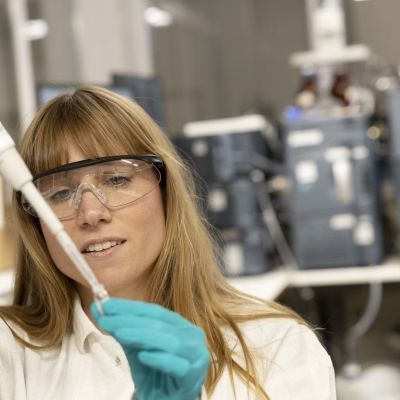Europe’s first microwave-assisted leaching pilot unlocks precious metals recovery and circular economy
The EU-funded project PEACOC developed a pioneering microwave-assisted leaching pilot that promises to reduce time, energy and chemicals needed to recover Platinum Group Metals from spent automotive catalysts.
![Microwave-assisted leaching [MWAL] pilot](/sites/vito/files/styles/max_325x325/public/media/img_20250403_182722.jpg.webp?itok=UTdOUrGH)
Microwave-assisted leaching [MWAL] pilot
Innovation in recycling processes
Funded by the European Health and Digital Executive Agency [HaDEA] with more than 11 million EUR, the microwave-assisted leaching [MWAL] pilot, now operational on the premises of MONOLITHOS in Athens, marks a step change in recycling efficiency. Compared to conventional processes, known for being energy- and resource-intensive, this technology uses microwave energy to rapidly extract platinum group metals [PGMs] from spent catalytic converters.
The result: reaction times are cut from hours to minutes, acid use is significantly reduced and PGMs are recovered with high yields. Moreover, the system’s electrification opens up to the possibility to be powered by renewables, turning a typically carbon-heavy operation into a circular solution aligned with Europe’s climate goals.
“The innovative microwave-assisted leaching (MWAL) pilot significantly advances Europe's sustainable industry by accelerating metal extraction through electrification. This technology directly supports the EU's Industrial Strategy and circular economy goals by reducing reaction times from hours to minutes, minimising chemical use, and achieving high recovery yields. Integrating MWAL with renewable energy further enhances Europe's resource efficiency, encourages localised hydrometallurgical facilities, and reinforces our commitment to sustainability and climate neutrality”, underlined Fero Kukurugya, researcher at VITO.
MONOLITHOS, from their role as industry and SME representative, acknowledges that this technological achievement strengthens the company’s sustainability profile, positioning it as a leader in circular economy practices: “The successful operation of Europe’s largest Microwave-heated hydrometallurgical PGM recycling unit at MONOLITHOS' facilities in Athens, Greece – scaling up the innovative technology developed within the PEACOC project – marks a significant milestone for European industrial resilience and sustainability. This achievement directly supports the European Commission’s Circular Economy Action Plan by enabling the high-yield, high-purity recovery of critical raw materials, thus reducing waste and extending material lifecycles. It also aligns with the Industrial Strategy for Europe, which seeks to strengthen the EU's autonomy and competitiveness through innovation and circular value chains. In particular, this development enhances the EU’s capacity to supply strategic materials like PGMs for use in clean energy, automotive, and defense applications, decreasing reliance on imports and boosting green industrial growth.”
From lab to pilot – a leap forward in metals recycling
The success of the MWAL PEACOC pilot is attributed to the collaboration between various partners, including Belgium’s VITO, Spain’s CEINNMAT and Greece’s MONOLITHOS. While VITO researchers have been developing and optimising the MWAL technology, reducing its operating costs and the chemicals consumption, CEINNMAT engineers have been building the MWAL pilot, including the microwave reactor and the control system. The pilot, fitting a standard-size container, was already mounted in Athens, on the premises of MONOLITHOS, where it has already been tested, producing PGM-concentrated leachates from spent automotive catalysts. Its mobility opens the door to on-site metal recovery in regions lacking large-scale infrastructures.
In the upcoming months, the last unit – the Gas Diffusion Electrocrystallisation [GDEx] pilot, will arrive in Athens. Once mounted and coupled with the other units, the PEACOC full-scale integrated pilot is expected to recover not only PGM, but also gold and silver. Within a week of operation, the system is expected to yield:
-
2 kg platinum group metals
-
10 kg silver
-
0.5-1 kg gold
These recycled metals will afterwards reintegrate various manufacturing processes in Europe, valorising them in the production of new catalytic converters, in catalytic nanoparticles for electrochemical energy technologies and in 3D-printed products and even as individual streams with high added value. Their recovery reduces reliance on mining activities, lowers material costs and supports sustainable, circular economy practices across critical industrial sectors.
Economic and industrial relevance
Despite the recent decrease in the prices of palladium and platinum, which contrasts with the trend for gold, the industrial value of PGMs remains high due to their applications in critical sectors, such as medical devices, digital technologies, clean energy and mobility. Europe, which imports most of its critical raw materials, is under pressure to secure supply chains amid rising global competition and volatile markets. PEACOC’s innovations offer a blueprint to speed up domestic production of required metals, recovering critical resources from end-of-life products while reducing reliance on imports.
The MWAL process is already optimised to recycle other waste streams, including solar panels and e-waste, extending its relevance across the green tech sector.
Call for stronger EU policy support to unlock full potential of PGM circularity
Despite the critical role of PGMs in clean energy, defence and aerospace, European policy support for the PGM sector remains limited. Industry representatives call for their inclusion into the strategic framework of the European Raw Materials Alliance [ERMA], which has so far prioritised rare earth elements. Recognised as Critical Raw Materials by the EU, PGMs are vital to Europe’s industrial resilience and strategic autonomy. Aligning PGM recovery efforts with UN Sustainable Development Goals - particularly SDG 12 [Responsible Consumption and Production], SDG 9 [Industry, Innovation and Infrastructure], and SDG 13 [Climate Action]. MONOLITHOS representatives call for implementing policies that require the separate collection and treatment of automotive catalytic converters to maximise PGM recovery from end-of-life vehicles.
About the PEACOC project
The PEACOC project is a collaborative research initiative involving prominent European research institutions launched in May 2021 to develop and showcase a first-of-a-kind economically and environmentally viable pre-commercial metallurgical system for recovering precious metals – a metal family which includes Platinum Group Metals (PGMs), as well as Au and Ag. Precious metals are highly important for the EU economy and have been deemed critical raw materials by the European Commission. The PEACOC concept is founded on previously developed recovery and refining technologies, upscaled to TRL 5 in the PLATIRUS project: Deep Eutectic Solvents (DES) based extraction and separation of PGMs, Microwave-assisted leaching (MWAL) and gas-diffusion electrocrystalisation (GDEx).
Follow the project on LinkedIn ➡ PEACOC H2020
Contact
The consortium partners
This project has received funding from the European Union’s Horizon 2020 research and innovation programme under grant agreement No. 958302.



